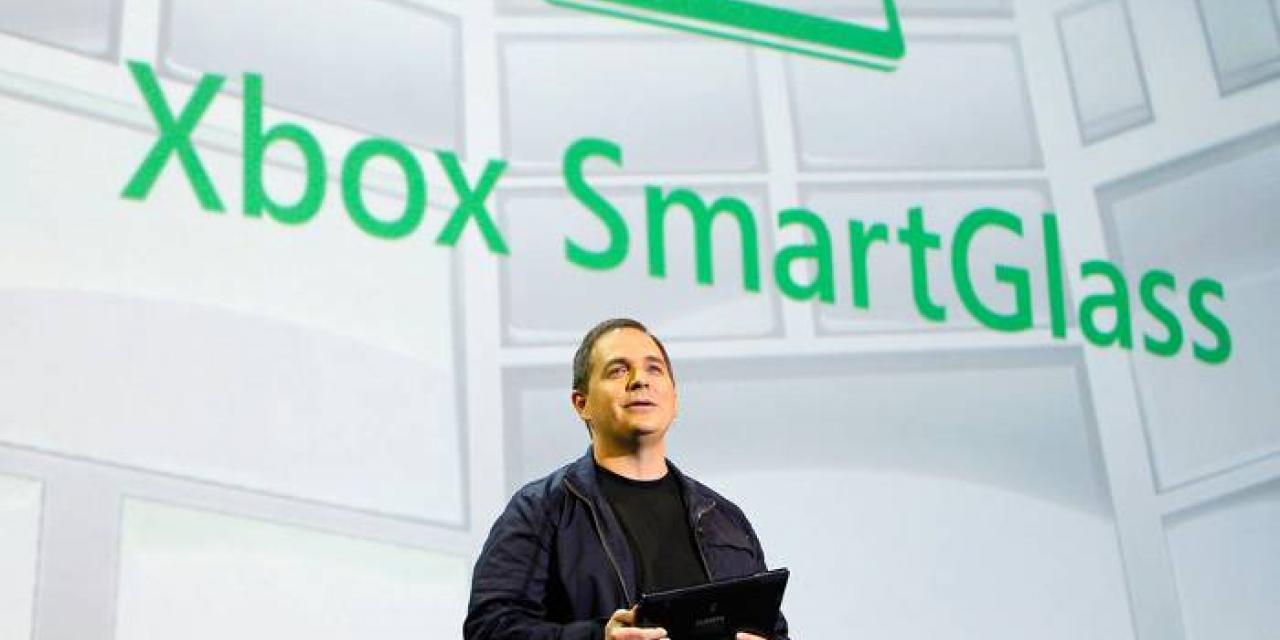
While it can be said without doubt at this point, that the humble touch screen has its place in gaming thanks to the growth of smartphones and tablets, is it a feature that gamers will embrace on the next generation of home consoles?
Microsoft and Nintendo seem to think so. While we have known about Nintendo's own Game Pad controller for the Wii U for some time, the real details only appeared at E3 this year, much like Microsoft's alternative.
The next-gen Wii U console, set for release in the close of 2012, will support a pair of the touch pad controllers, each featuring a 6.2in touchscreen. Two traditional thumb sticks sit on either side of the device, along with a D-Pad and traditional face buttons. Nintendo is also said to be bundling a camera into the frame, as well as a headphone jack. Of course, it will be wireless.
Considering even going to Chinese ebay sellers will still run you $100 for a knock-off tablet, many are wondering if these new controller types will jack up the price of the next-gen console.
However, Microsoft has a much more elegant solution. With hundreds of millions of touchscreen smartphones and tablets already in the wild, it is opting for touch support via application, not hardware. Smartglass, as the app is known, was debuted at E3, allowing for the same touchscreen interaction as Nintendo's device, without the need for a separate hardware purchase.
Sony's E3 showing was comparatively lackluster, with no mention of touchscreen developments. This of course doesn't mean the company isn't working on it: considering the PS Vita sports its own touch capabilities, it seems likely the Japanese electronics firm would look to leverage that hardware instead of developing something new.
This is all well and good, but what are we actually supposed to do with these new controllers? Sure we could play some Angry Birds, but nobody is buying a next-generation console just for that. There needs to be something to do with these new touch screen devices beyond what we can already achieve. Sure there will be navigation and little quirks, but what about real gameplay changes?
During its E3 demo Microsoft showed some ways the touch screen could come into play on a home console. With games like Halo 4, Microsoft envisages people using it as a second screen, with gameplay notifications or friend requests appearing there instead of on the main display. Like having a second monitor on your PC. It makes sense to some extent, but unless it still pops up some sort of immersion breaking notification, how will we know to look?
However it saw better implementation as an information and schematic viewing device. Say your character looks at a map with expandable notes written on it, viewing that with a touch screen would be a lot easier than with thumbsticks.
Another, perhaps more useful implementation was suggested for game's like Madden, where users could create new plays. Again, easier with touch.
Gearbox, developers of the upcoming - and oft delayed - Aliens: Colonial Marines, has said that the Wii U version is the definitive one, partially because of its touchscreen compatibility. While this is expected to be little more than a motion detector like the one seen in the movie, it could offer some interesting cooperative experiences.
Expand that to other games where the minimap is only ever seen by the second player, we could see a return to popularity of hotseat/splitscreen style gaming where communication between players becomes key.
There are also entertainment applications for the new devices. One suggestion was during viewing of TV shows like Game of Thrones, an interactive map could be shown, allowing users to see where in the world each scene is taking place, perhaps pulling up character bios or recaps of what happened recently.
In short, it seems like instead of altering gameplay or console usage massively, we'll simply have a new method of controlling certain segments of our games; places where traditional controllers might offer a sub standard experience.
For now we'll have to wait and see, but with the next and current generation of consoles building on the touch mechanic and smartphones becoming more and more game-capable, the future seems more touch applicable than ever.
